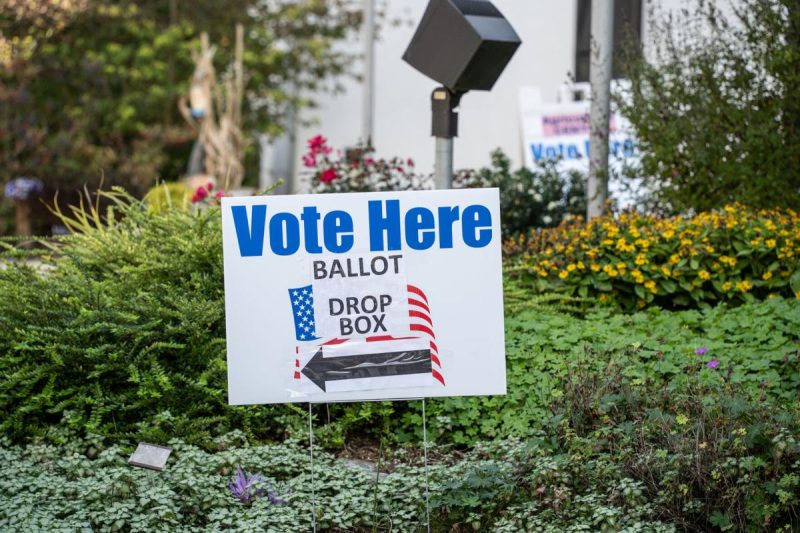By Anthony Hennen | The Center Square
(The Center Square) – Pennsylvania’s Election Law Advisory Board debated the pros and cons of ballot drop boxes on Monday as they craft recommendations for the General Assembly.
A morning session, as The Center Square previously reported, focused on mail-in ballots and secrecy envelopes to ensure confidentiality.
In response to the pandemic, states expanded the use of ballot drop boxes as a way to safely run 2020 elections. Twenty-three other states, according to the National Conference of State Legislatures, allow the use of drop boxes in some form. Pennsylvania approved their use in Act 77.
“What we’re offering the voters is just an additional opportunity to get in their ballots,” said Lisa Deeley, chairwoman of the Philadelphia Commissioners Office. “It’s no different putting your ballot in a mailbox, putting it in a drop box.”
The advisory board seemed unwilling to recommend that all counties be required to offer drop boxes, but that counties should have the discretion to set them up.
“I think the best thing we could do in this discussion … is to give the counties the flexibility to decide whether or not to use them, but to work on what we think – what could be put in place to make sure the places that aren’t using them feel comfortable that there’s not some sort of chicanery going on,” board member Jesse Daniel said. “That’s my hope – that’s the compromise that I think we could hopefully suggest to the legislators.”
The emphasis was on county-level decision making to create a level playing field drawing support of voters.
Though Act 77 passed with bipartisan support, it has since become a contentious change. The act approved the use of drop boxes, eliminated straight-ticket party voting, expanded no-excuse mail-in voting, and widened the window for registering to vote. However, Republicans have been very critical of the expansive use of drop boxes.
The security of drop boxes and whether family members would be authorized to drop off a family member’s ballot were also discussed.
Counties could decide the number and location of drop boxes, Advisory Board Project Manager Yvonne Hursh said, within some parameters.
“Fundamentally, there are disparity concerns … but if that is an issue then you go to your county commissioners and tell them, ‘This is what we want,’” Hursh said. “At that point, it’s the voters talking to their elected representatives about what they think would work best in their community.”
The advisory board aims to finalize recommendations for the General Assembly in January. A previous report, released in June, provided suggestions for ensuring the statewide voter registration system is up-to-date; fixing laws related to voter ID and voting rights for ex-felons that were ruled unconstitutional; more training for poll workers; and allowing election boards to precanvass mail-in ballots, the last of which could speed up ballot counting.
